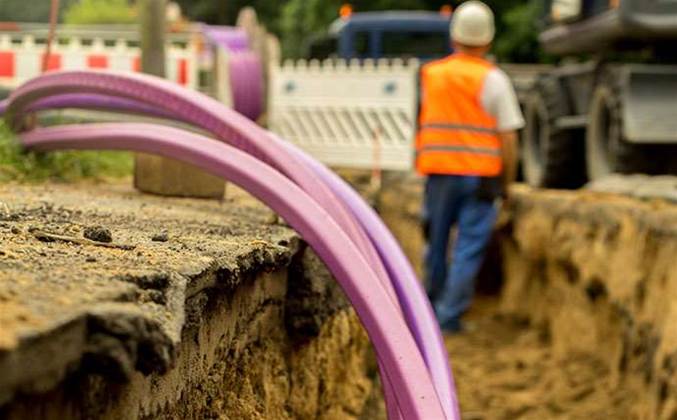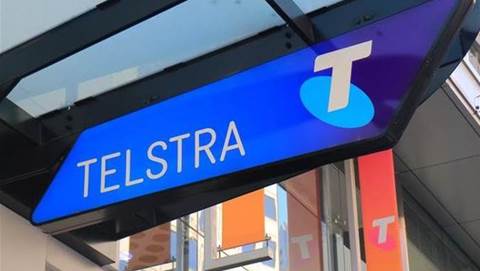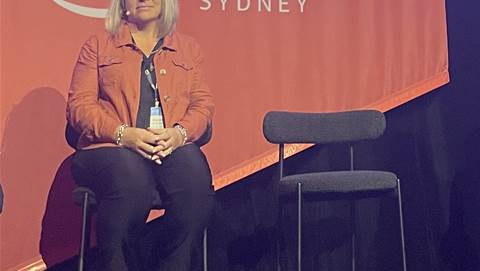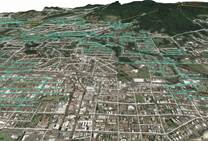A heavily-delayed plan to introduce a broadband tax has been revived after Labor revealed overnight it would conditionally support the legislation.

The tax, which is officially called the regional broadband scheme (RBS), would see some 385,000 residential and business users of "NBN-equivalent" fixed line services hit with a $7.10 per month fee.
The money raised is to be used by NBN Co to fund future costs of commercially unviable portions of its network - namely fixed wireless and satellite services - and prevent future calls on the budget or public funds.
NBN users will not pay the tax because it is already built into the wholesale prices they pay.
The tax proposal stretches back to December 2016. Legislation was introduced in mid-2017 and a senate committee recommended it be passed in mid-September the same year.
But it has languished since, with the first time afforded for the Senate to debate it occurring late last night. It was again adjourned, with no result, and no input from government senators.
Labor won't oppose tax outright
However, the tax has been given a major boost with Labor revealing it will not oppose the tax outright, but instead seek several amendments.
“Labor will not be opposing these bills which together legislate certainty that premises in Australia can continue to access broadband services beyond the initial rollout,” Tasmanian Labor Senator Catryna Bilyk said.
“Given the current state of the economics of the NBN, it’s difficult for Labor to oppose this tax outright but we do consider its imposition to be highly unfortunate.”
Fellow Labor Senator Deborah O’Neill said the party would seek several changes to the bill.
Perhaps most importantly, Labor wants to cap the tax at $7.10 a month, which would afford the government no opportunity to raise it as high as $10 a month as the draft legislation makes possible.
“It remains unclear if the charge could reach that [$10] level but given the lack of transparency from this government on the costs of the rollout and uncertainty over the number of premises in the scope of the levy, [we] should not be willing to take that chance,” O’Neill said.
O’Neill framed the proposed cap as a vote of no confidence in the ability of the tax to prevent future governments from having to dip into public money to fund NBN fixed wireless and satellite services.
She said other parties included the Productivity Commission had said the levy “will not stand the test of time”.
“By capping the charge at $7.10, Labor is making clear it does not have confidence in the government’s arguments either.”
A second amendment Labor will chase is for customers of greenfields operators to be excluded from the tax.
Players in this space, such as Opticomm, were facing a tough choice in how they would deal with the imposition of the tax, with the most likely scenario being they would have to absorb some or all of it to stay competitive with NBN services.
That greenfields services would even be taxed was considered contentious, since the networks never set out to compete with the NBN, and serviced areas that NBN Co - at the time - was not required to deploy infrastructure to.
“We will seek to reduce the scope and the impact of the $84 a year levy on households connected to greenfield networks,” O’Neill said.
“This will buy sufficient time to ensure future arrangements can be reviewed in appropriate time in conjunction with broader reform decisions.”
O’Neill, however, said Labor did support the tax’s purpose in punishing other operators - namely TPG - that had tried to compete with NBN Co via a fibre-to-the-basement rollout.
“Labor’s view is that the most useful policy function this levy can perform is to establish a price signal that deters the inefficient duplication of fixed line infrastructure, deters cherry-picking of profitable parts of the NBN footprint, and establishes a more level playing field in the market segments where that’s appropriate,” she said.
Figure “fudge”
While Labor put its conditional support behind the tax, Senators did not hold back in criticising the government’s handling of the NBN as well as its sudden interest in passing the broadband tax.
O’Neill accused the government of trying to rush the broadband tax through to shore up the NBN’s economics in the upcoming corporate plan - the last to be released before Australia heads to the polls.
“If anyone is wondering why the Minister is suddenly in a rush to pass this legislation in August, let me offer a potential explanation,” O’Neill said.
“NBN Co is due to release its corporate plan before the end of August. This is the last one we’ll see before we head to an election.
“The corporate plan will contain forecasts out to FY2022 but will not disclose the assumptions that underpin revenue and cost forecasts beyond that year.
“If the government passes this bill in August, not only would the price increases from the levy come into effect in the next term of parliament, but it would permit the government in this term of parliament to add the revenue from this internet tax into the NBN corporate plan from 2022 out to the year 2040.
“So what we’re seeing is a government that’s determined to take an opportunity to fudge the numbers, having undertaken delay, delay and delay. It just shows how desperate this government is.”
O’Neill blasted the government for putting a new start date of July 1, 2019 on the broadband tax - which would occur in the next term of parliament.
“Conveniently, for this government, [the proposed introduction] falls into the next term of parliament,” she said.
“What does this tell us about what the Minister thinks of his own policy? He knows that what he proposes will increase cost of living pressures for families. He knows that what he proposes is poorly designed as argued by both the ACCC and the Productivity Commission,
“Moreover, the Minister knows the revenue raised by this levy does not address the long term economics of the multi-technology mix, nor does it establish a sustainable funding mechanism or do anything for regional investment.”
Greens offer no support
Greens Senator Jordon Steele-John indicated his party would vote against the broadband tax.
He instead believed direct budget funding would be needed for future NBN fixed wireless and satellite costs.
“We do not support the implementation of the RBS as proposed,” he said. “I intend to vote… against the RBS charge.”





















